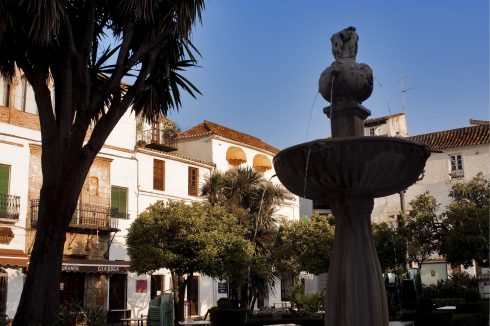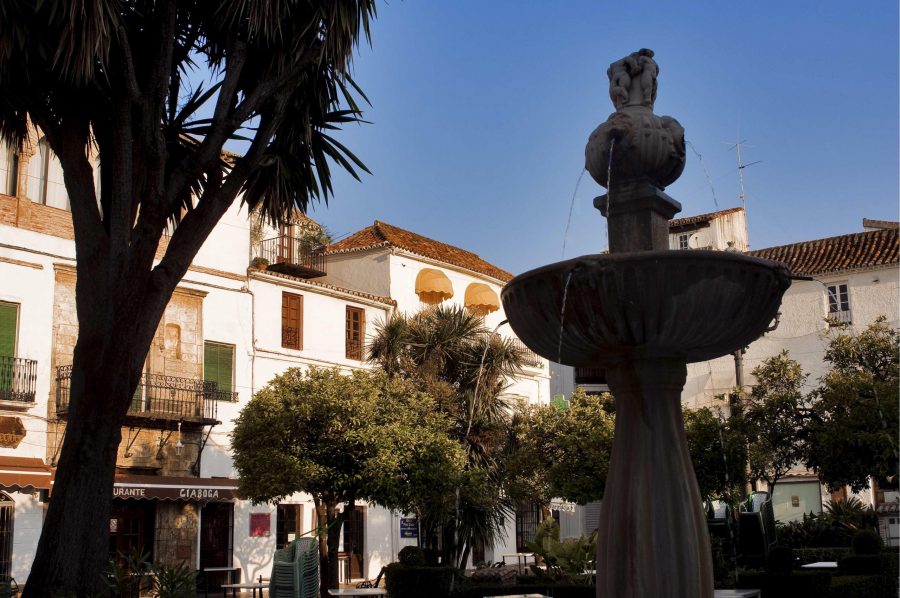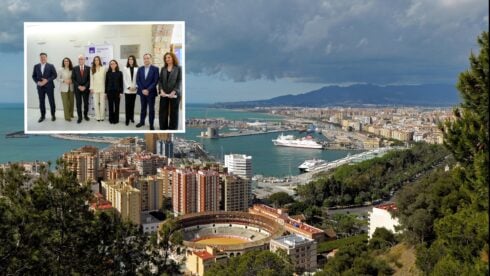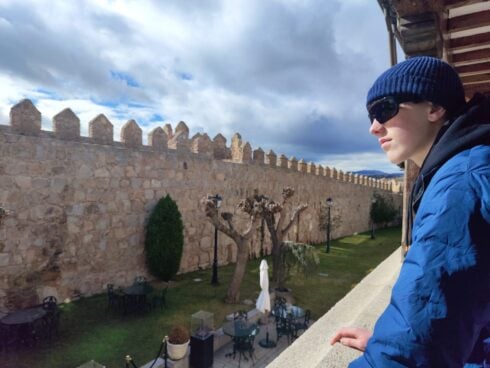A NEW method of replenishing underground water supplies is to be trialed in Spain.
Researchers hope that the plan will increase underground reserves by 15% with a 99% saving in power needed and carbon emissions.
The Managed Aquifer Recharge (MAR) system will use recycled water from Marbella’s La Vibora sewage works. Some 50,000 cubic metres of the cleaned water will be added to the underground supplies using ‘surface infiltration’ rather than existing energy hungry pumping technologies.

The pilot project is being run by the EU funded Life Matrix environmental organisation alongside the Acosol water company.
If successful it could be rolled out to other parts of Spain such as Valencia, Alicante and Almeria, which suffer from drought and water shortages.
Marbella was chosen for the pilot as it is in an area that suffers from high ‘water stress’, especially with the influx of summer tourists.
Researchers see it as an area which needs better management of its water resources and the perfect test bed for ‘non-conventional’ techniques and technologies.
The managed aquifer recharge system proposed by Life Matrix will bring together different solutions to make sure the quality of the water is high and soil structure is not destroyed.
Life Matrix, co-financed by the European Commission’s LIFE programme, coordinated by Cetaqua Andalucia, Andalucian Water Research Centre Foundation, with the participation of Cetaqua Barcelona, Water Technology Centre; the Hydrogeology Centre of the University of Malaga (Cehiuma) and Acosol.
READ MORE:
- Severe droughts to ravage south-eastern Spain within 30 years as water supplies are set to fall by 40%
- Tropical fruit farmers see more water cuts as drought conditions worsen in Spain’s Andalucia
- Investigators in Spain’s Valencia develop system to cut use of pesticides and ration water
Click here to read more News from The Olive Press.








